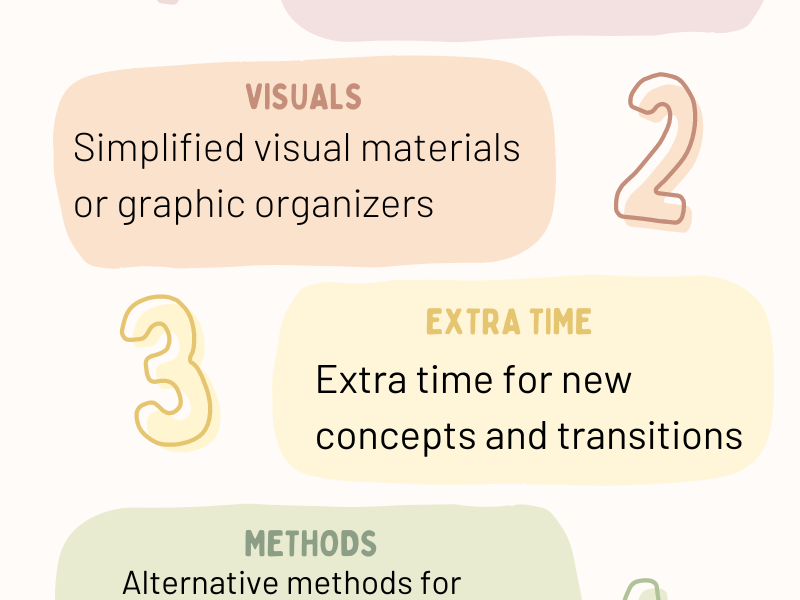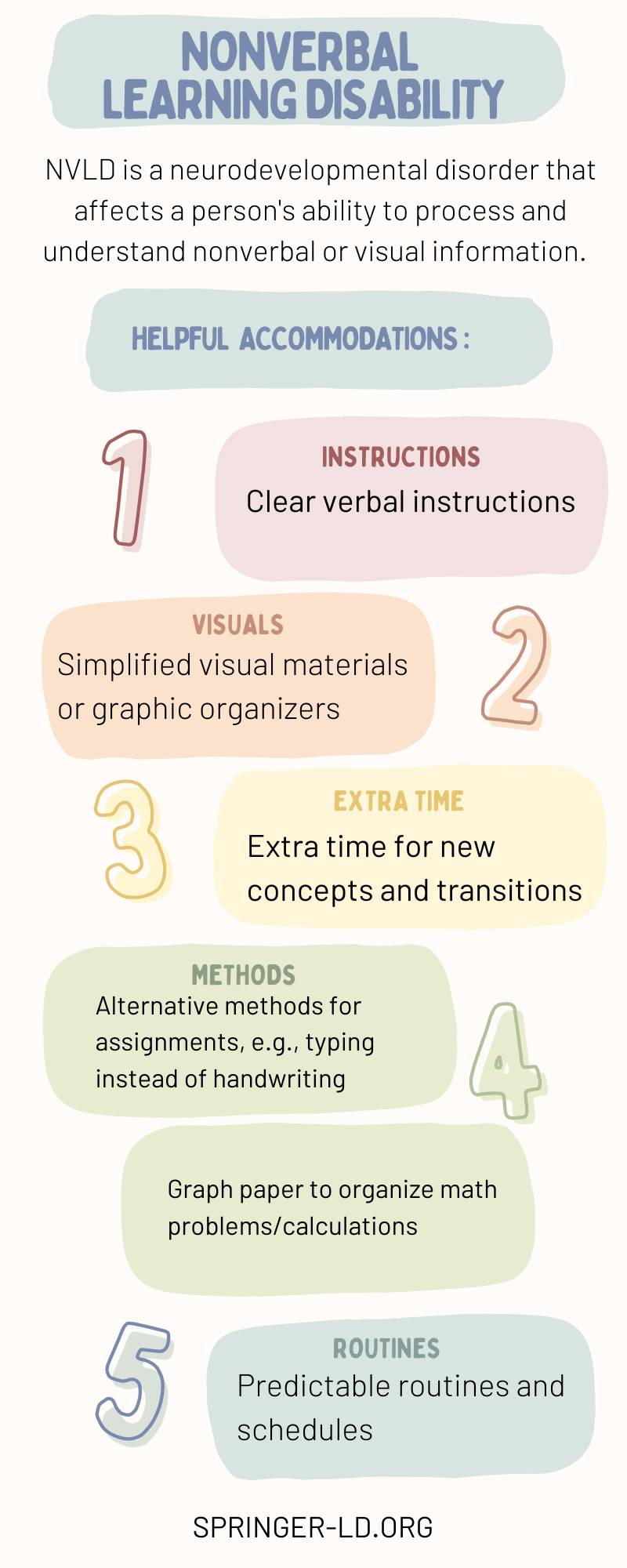
The Homework Completion Cycle in 7 Bite-Size Steps
September 10, 2024
Mindset: Yes, it matters!
September 20, 2024
Nonverbal Learning Disability, or NVLD, recently became a topic of interest in national news after the son of a public figure was caught on camera making an emotional display.
Diagnosed with ADHD, anxiety, and NVLD, they boy's joyful response highlighted the challenges and uniqueness of living with NVLD—a condition that is less known compared to other learning disabilities like those affecting reading, writing, or math.
NVLD is a neurodevelopmental disorder that affects a person's ability to process and understand nonverbal or visual information. IQ includes many visual and verbal abilities, and when visual skills are significantly weaker than verbal skills, a person may be identified as having the characteristics of NVLD:
- Strong verbal skills, vocabulary, and rote memory
- Difficulties interpreting nonverbal cues (facial expressions, body language)
- Poor spatial awareness, motor coordination
- Challenges with social interactions/nuances
- Trouble grasping abstract concepts
- Difficulties with abstract math problem solving
- Problems with organization, planning, and executive functioning
Interestingly, NVLD is not officially recognized as a distinct diagnosis in either the Diagnostic and Statistical Manual of Mental Disorders (DSM-5) or the International Classification of Diseases (ICD-10). Currently, there is no agreed-upon definition of NVLD among professionals in education, psychiatry, psychology, and neuroscience, and there is overlap with other disorders making it challenging to establish NVLD as a distinct category. Research is ongoing to refine the diagnostic criteria for NVLD as a distinct neurological profile, but it can be a long process to build consensus for a diagnosis to be included in the DSM.
Comprehensive psychological evaluation can clarify a child’s cognitive and learning profile. Children with the characteristics of NVLD may benefit from therapies to improve fine/gross motor skills, teach appropriate social responses and interpretation of nonverbal cues, and address anxiety and self-esteem issues. Educational accommodations can also be helpful:
- Clear verbal instructions
- Simplified visual materials or graphic organizers
- Extra time for new concepts and transitions
- Alternative methods for assignments (e.g., typing instead of handwriting)
- Graph paper to organize math problems/calculations
- Predictable routines and schedules
While experts continue their research and the news cycle moves forward, we can be grateful for moments like this which illuminate the human side of neurodivergence, showcasing the sweetness of genuine love and pride for family.
Guest Blogger Deborah Gilbert, Ph.D. is a clinical psychologist with 30 years of experience in childhood diagnostics. She is passionate about helping children succeed by identifying their strengths and needs through evaluations that can change the course of their education. With extensive experience in both clinical and school settings, Dr. Gilbert is dedicated to making a difference in children's as a diagnostic psychologist at Springer Diagnostic Center.




